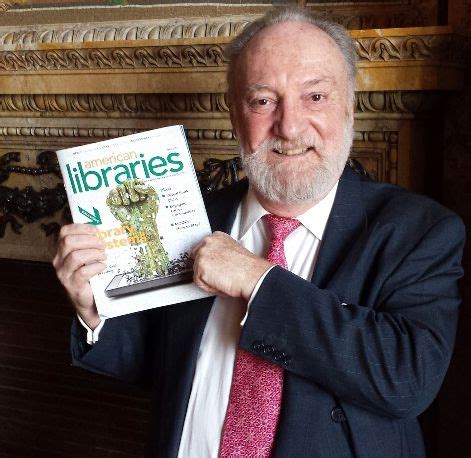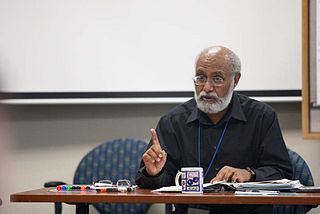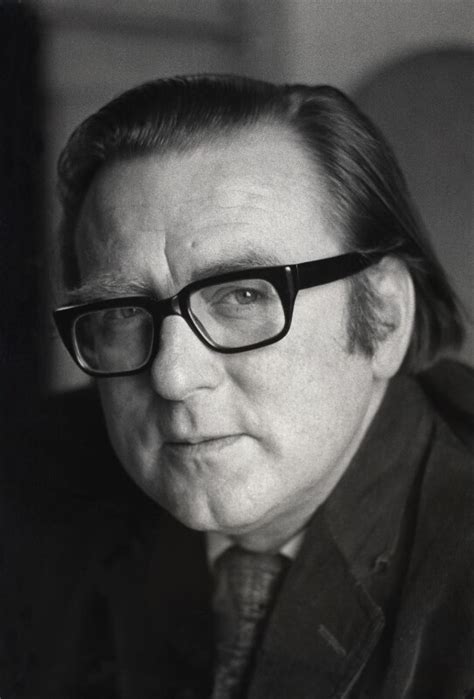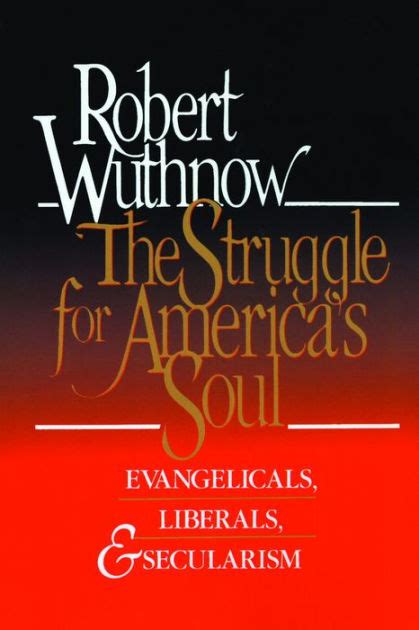A Quote by Joel Garreau
Today the story is no less attitude-adjusting. It is about the defining cultural, social and political issue of our age. It is about human transformation.
Related Quotes
Take the life issue. This issue requires a president and an administration leading our nation to understand the importance of life. This whole faith-based initiative really ties into a larger cultural issue that we're working on. It begins to affect the life issue, as well as the human dignity issue, because when you're talking about welcoming people of faith to help people who are disadvantaged and are unable to defend themselves, the logical step is also those babies.
The thing is, right now the films don't need to be overtly political to be about our times. We also need films that are just human, that are about people. People need that, too. It's like we need to reconnect to what it is to be human. Not just what our political situation is. That's not what I'm thinking about exclusively. Human content is needed again, as it was in the '70s. I think films were more human than they've been since then.
The story of Mirror Mirror is in many ways a story about evolution. Its about the evolution of a child into an adult. Its about the evolution of those dwarves into something a little less rock-like, a little more humanoid. Its about the evolution of history, too, from the darkness of the Middle Ages into the light of the Age of Reason.
The story of 'Mirror Mirror' is in many ways a story about evolution. It's about the evolution of a child into an adult. It's about the evolution of those dwarves into something a little less rock-like, a little more humanoid. It's about the evolution of history, too, from the darkness of the Middle Ages into the light of the Age of Reason.
Materialism is not fundamentally an economic problem, but a cultural one... a spiritual issue. It runs to the depths of our souls, and, for this reason, needs to be understood less in terms of budgets or fiscal cycles and more in terms of where we locate the sacred, of where we search for meaning and transcendence, and of how we think about justice, equality, and the future of our world.































